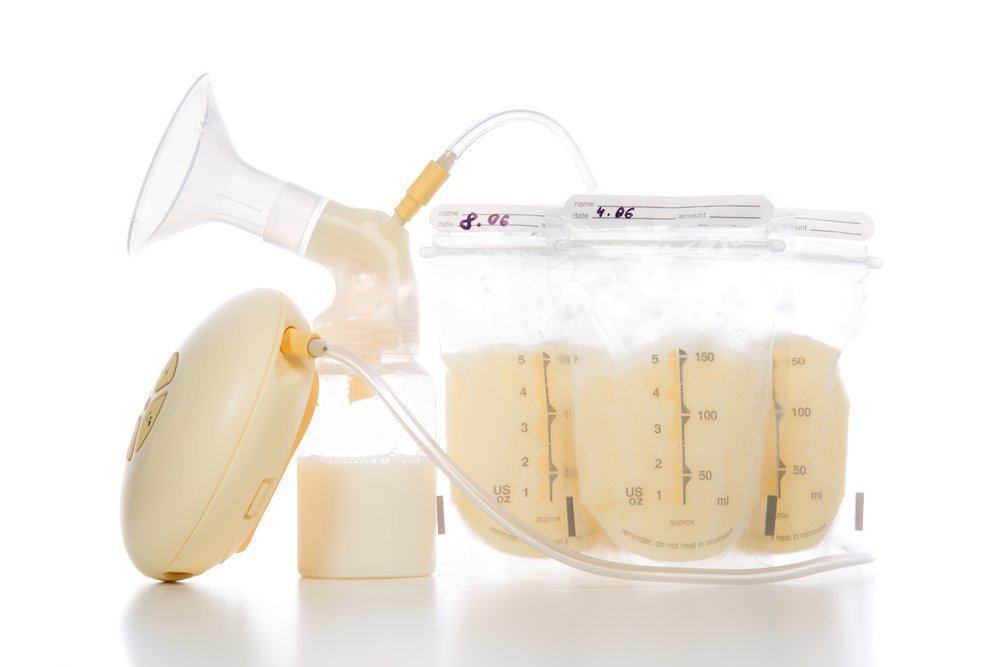Contents:
- Medical Video: Hip Revision
- What is a total hip revision replacement?
- What should I know before undergoing a total hip replacement revision?
- What should I do before undergoing a total hip replacement revision?
- What should I do after undergoing a total hip replacement revision?
- What complications can occur?
Medical Video: Hip Revision
Definition
What is a total hip revision replacement?
Revision of total hip replacement is an operation that is performed to take the old replacement hip and replace it with a new one. The failure of hip replacement surgery is caused by:
● ball joints and artificial sockets are worn out
● infection after hip replacement surgery
● dislocation
● femoral fracture
When do I need to undergo a total hip replacement revision?
The prosthesis placed on the majority of elderly patients who undergo hip replacement surgery can last for 15 to 20 years, or even for life. However, it is possible for patients to undergo one or more revision surgeries, especially if the initial surgery is carried out at a young age and patients tend to have an active lifestyle.
Prevention & warning
What should I know before undergoing a total hip replacement revision?
Some cases that can be treated without going through a total hip replacement revision include:
● if the symptoms are still mild, you can wait for a while
● if there is an infection, antibiotics can prevent revision surgery
● If the replacement hip exits from the joint continuously, you can use a clamp
● if you have a fracture, you can try traction treatment
Process
What should I do before undergoing a total hip replacement revision?
In the surgical preparation stage, make sure you tell your doctor about your health condition, the medications you are taking, as well as all kinds of allergies you have. The anesthesiologist will explain the anesthesia procedure and give further instructions. Make sure you follow all doctor's instructions, including a ban on eating and drinking before surgery. In general, you are required to fast for six hours before the surgery is carried out. However, you may be allowed to consume drinks like coffee a few hours before the surgery.
What is the revision process for total hip replacement?
Various anesthetic techniques may be used in this operation. The surgeon will make an incision on the side of the patient's hip, then lift the replacement hip and any cement. The surgeon will insert a new replacement hip. By using acrylic cement or a special coating, a replacement hip can remain attached to the bone. Surgery can be more complicated for patients who have infections, or thin or damaged bones.
What should I do after undergoing a total hip replacement revision?
After surgery, you are allowed to go home after 5 to 10 days. For several weeks, you need to use crutches or sticks to walk. Regular exercise is also proven to accelerate the healing process. But before deciding to exercise, you should ask for doctor's advice. Most of these revision operations run smoothly as most people show good progress in the recovery period. Make sure you follow the physiotherapist's instructions about exercises to strengthen your hip muscles. Revision of total hip replacement can fail over time.
Complications
What complications can occur?
Each surgical procedure must have its own risks, including revisions to total hip replacement. The surgeon will explain all kinds of risks that may occur after surgery. Common complications that can occur after surgery are the effects of post anesthesia, excessive bleeding, or blood clots in the deep vein (deep vein thrombosis or DVT).
Patients who undergo this procedure have the potential to experience complications:
● separate femur
● damage to nerves around the hip
● damage to blood vessels around the hips
● infection in the hip
● replacement hip stretches
● there is bone formation in the muscles around the replacement hip
● dislocation
● difference in leg length
● death
You can reduce the risk of complications by following the doctor's directions before surgery, such as fasting and stopping taking certain drugs.
Hello Health Group does not provide medical advice, diagnosis or treatment.











